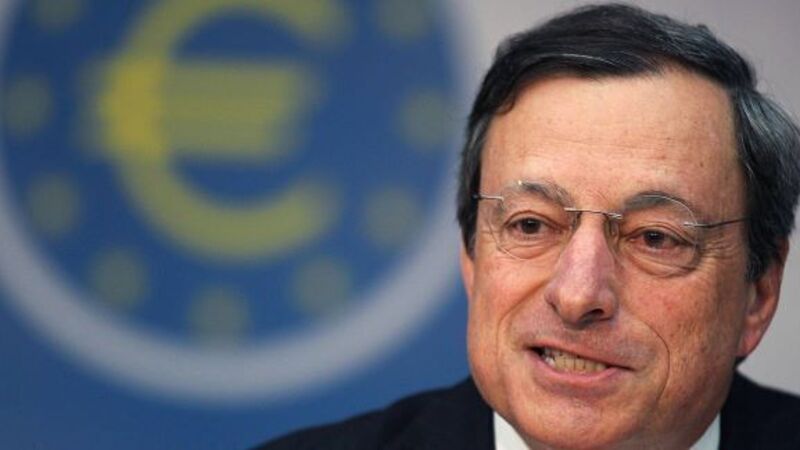Draghi has month to win over QE doubters

As officials prepare to consider sovereign-bond purchases on January 22, the ECB president is working to get as many policymakers and as much of the public on his side as possible.
One concession being debated is to require national central banks to be responsible for at least some of their own credit risk, according to people familiar with the talks. Mr Draghi’s chief mission in the next 31 days will be to counter arguments that a quantitative easing package designed to revive inflation will instead see the ECB loading up with junk assets at high prices to bail out negligent governments.
















